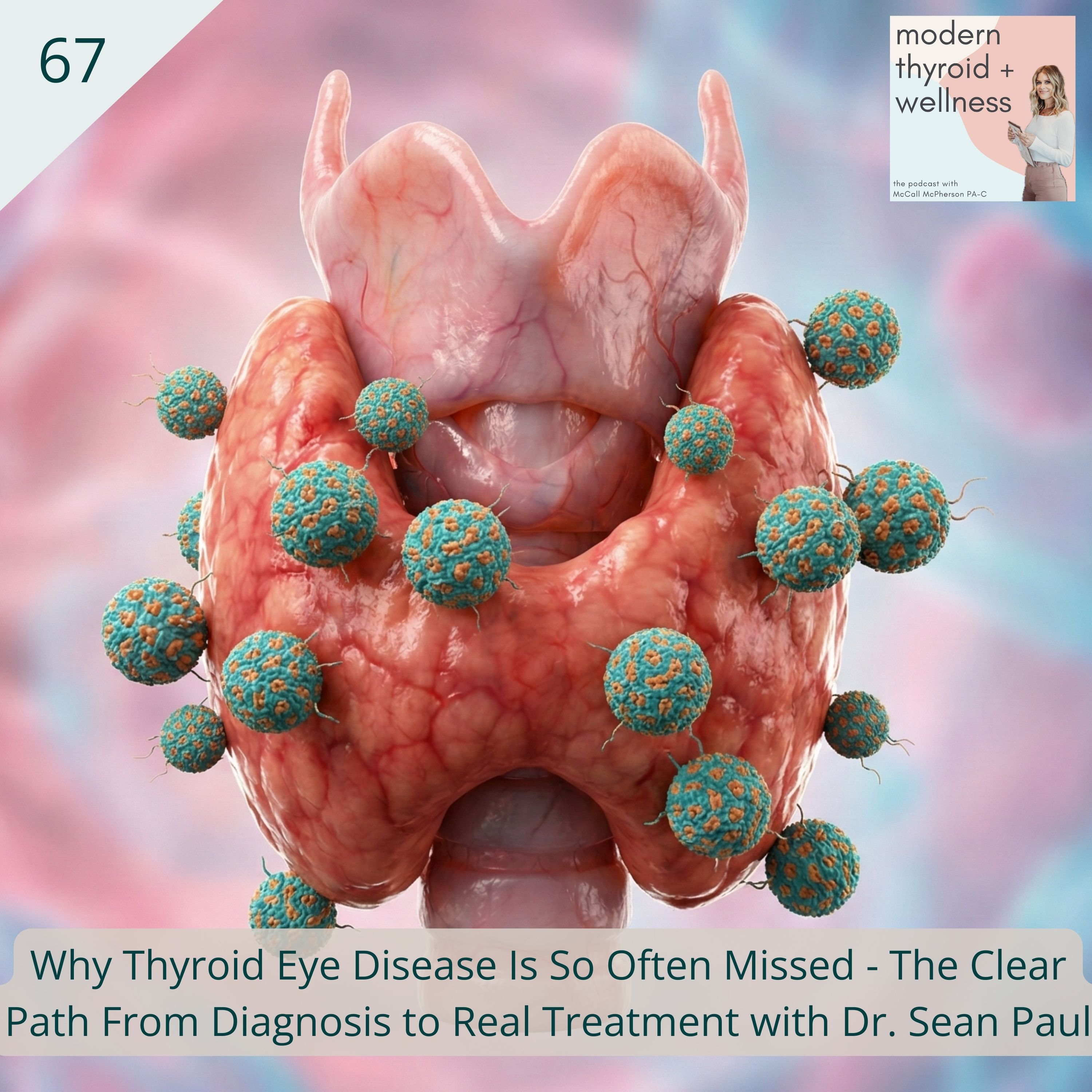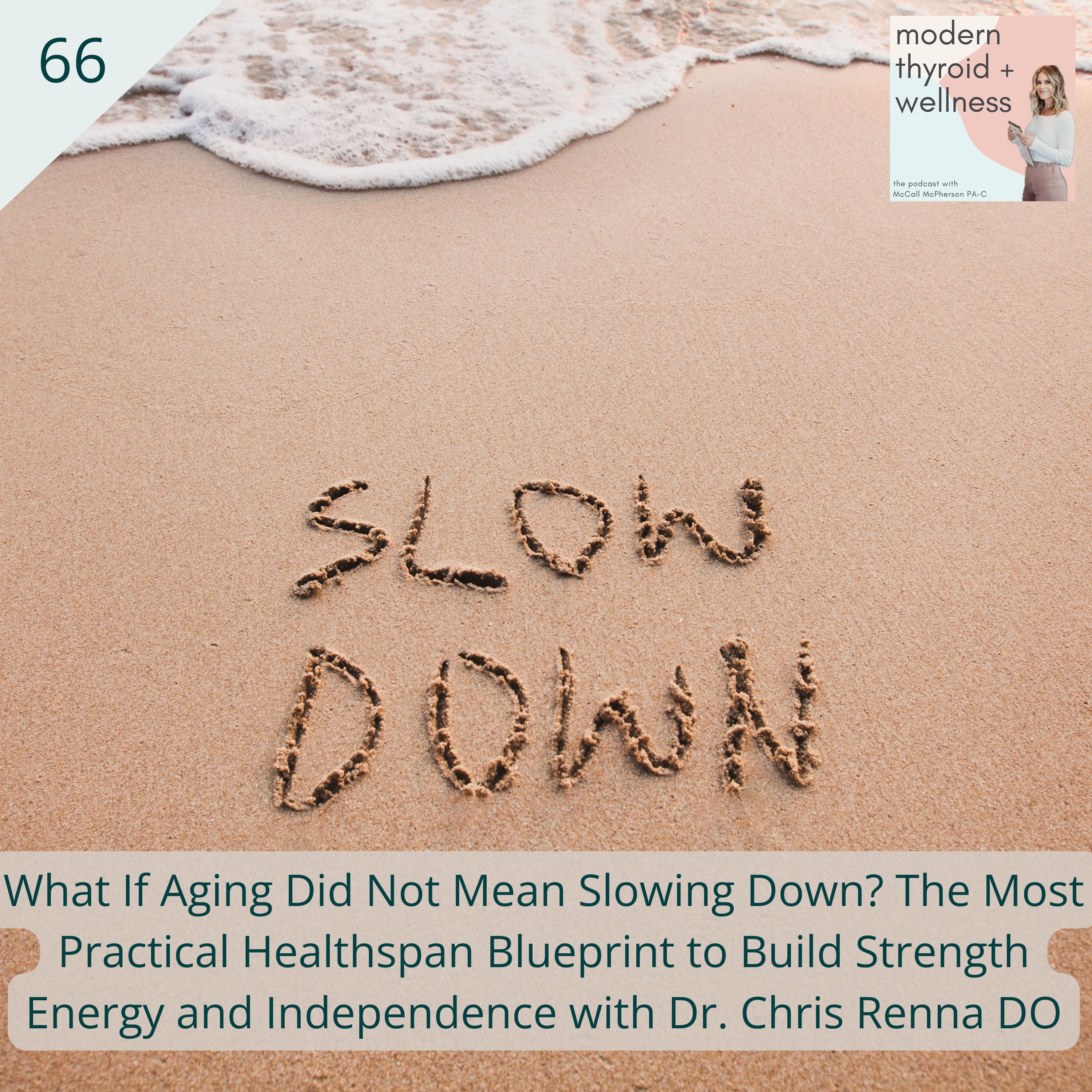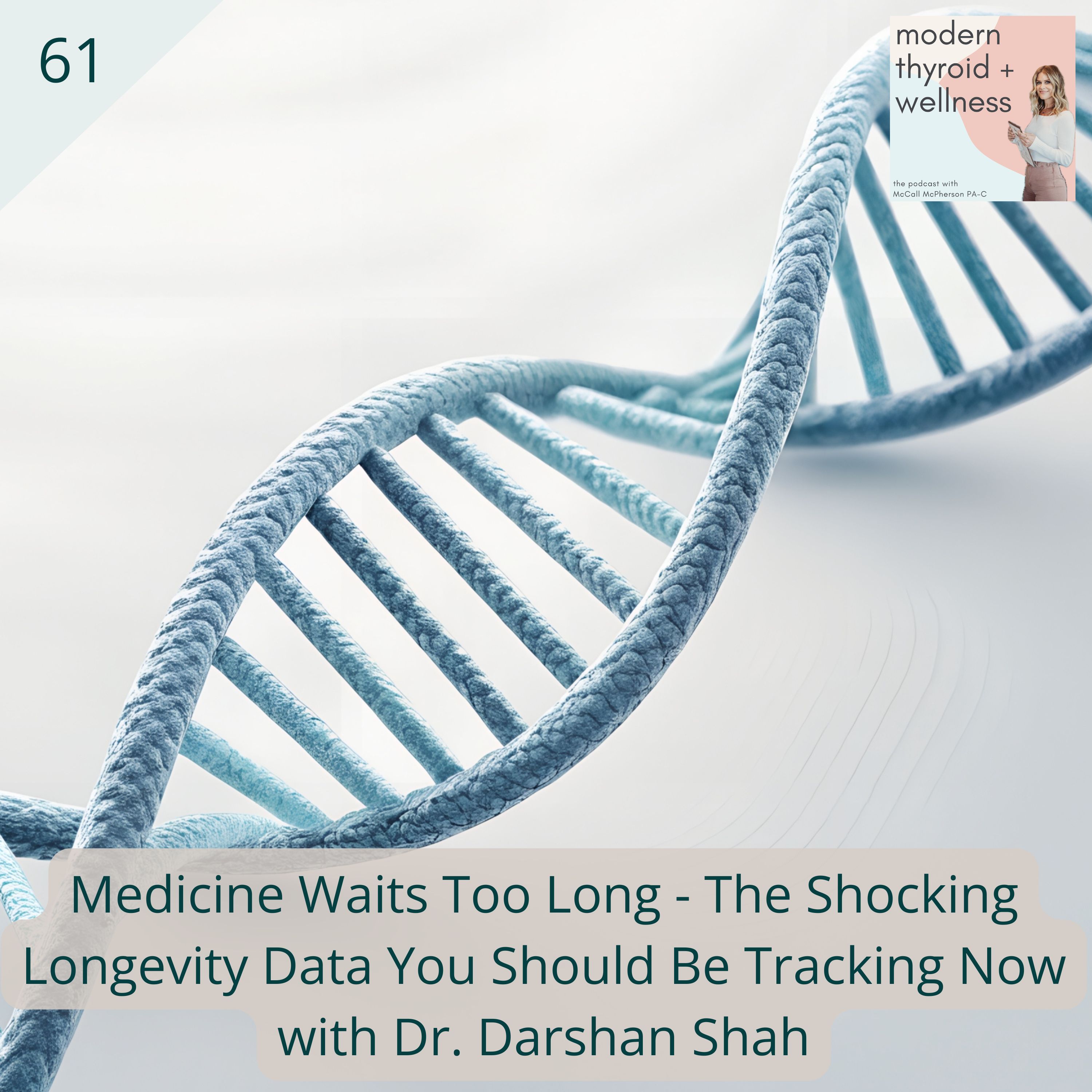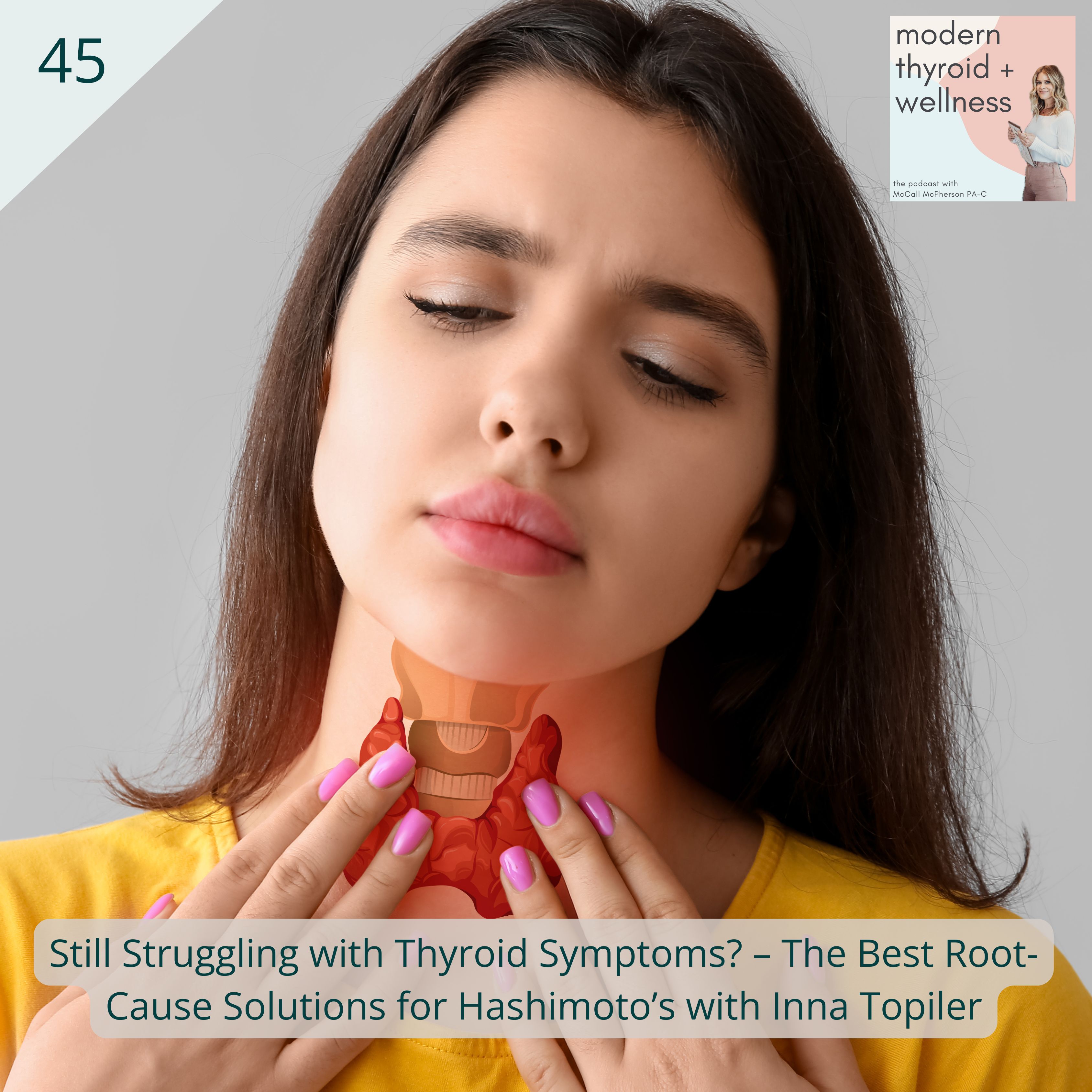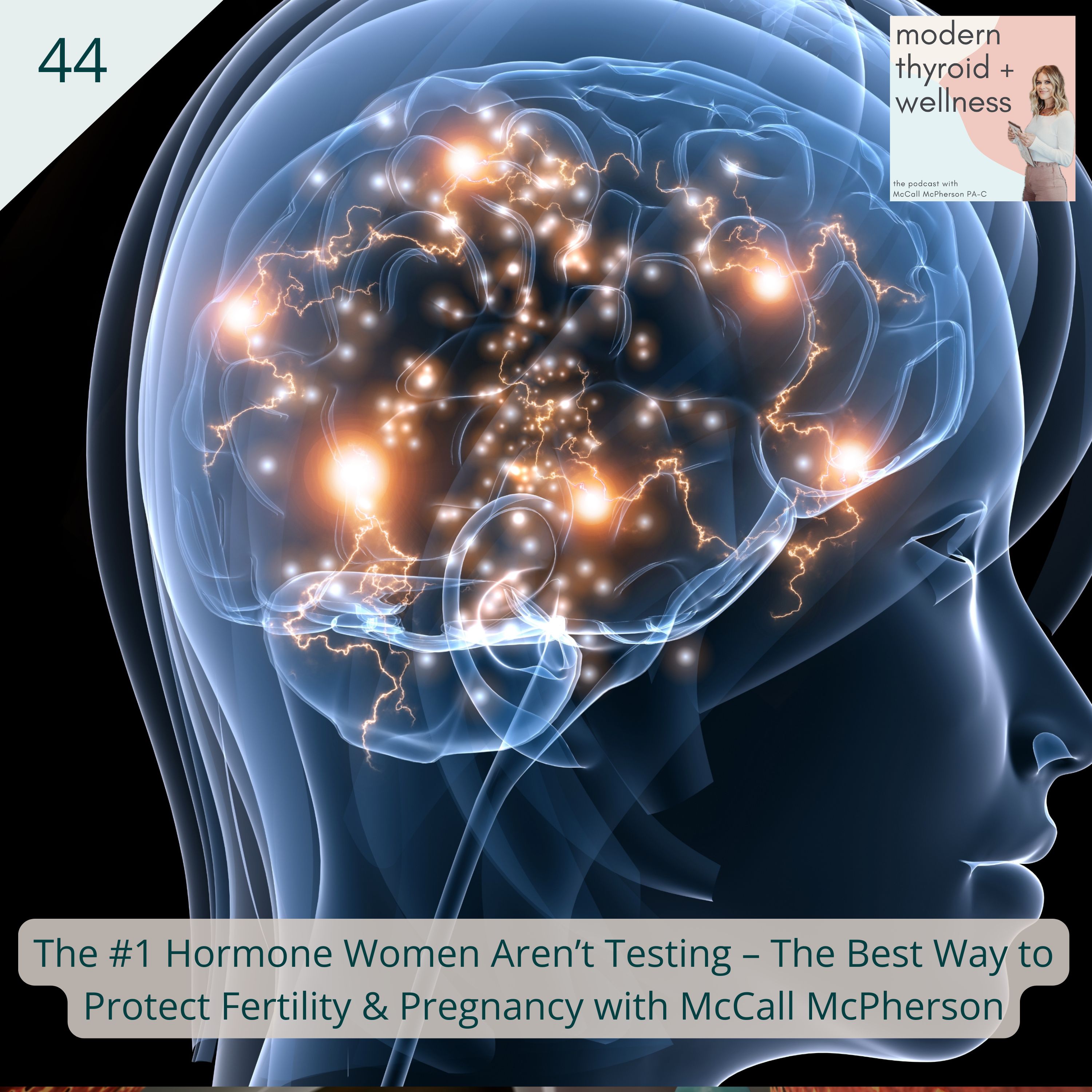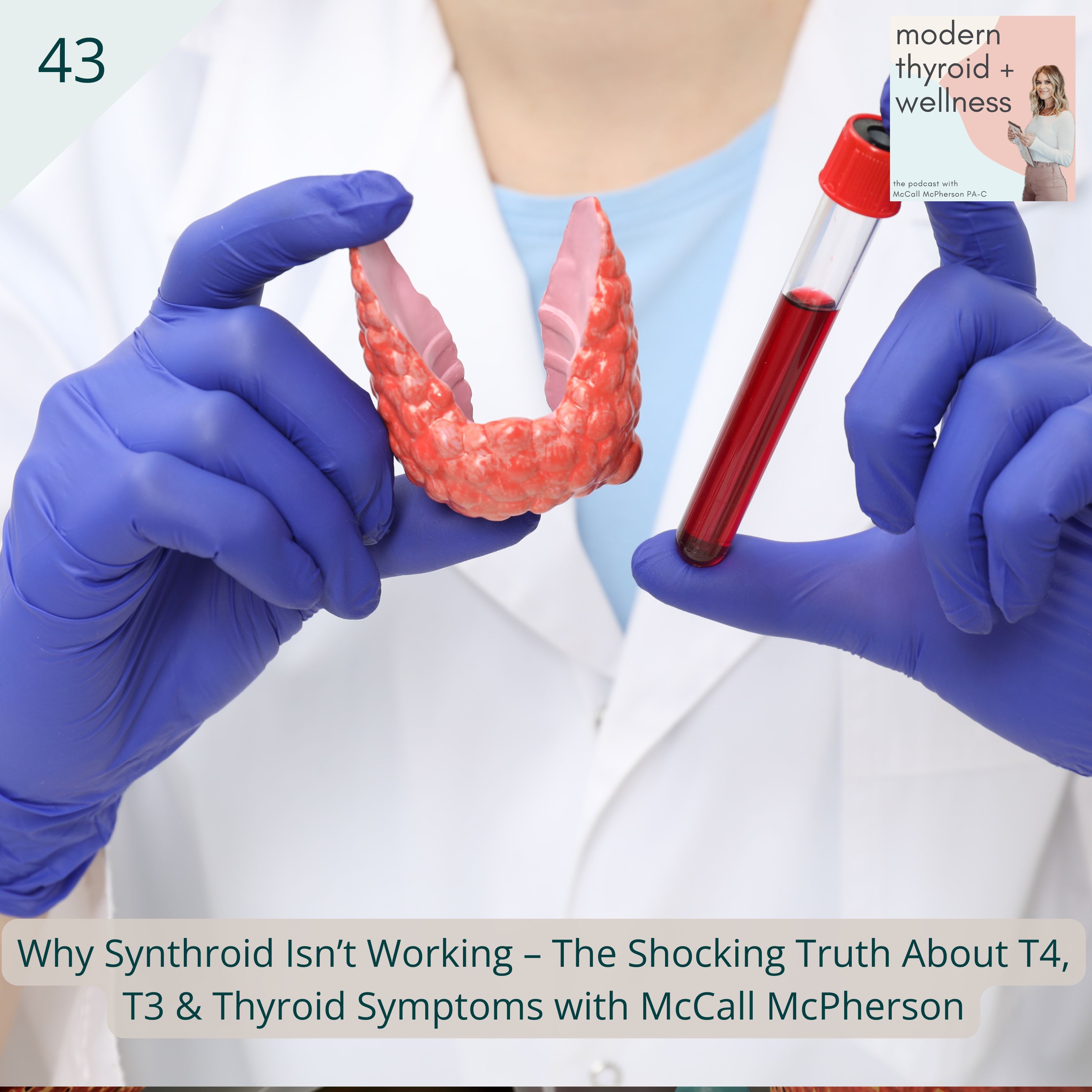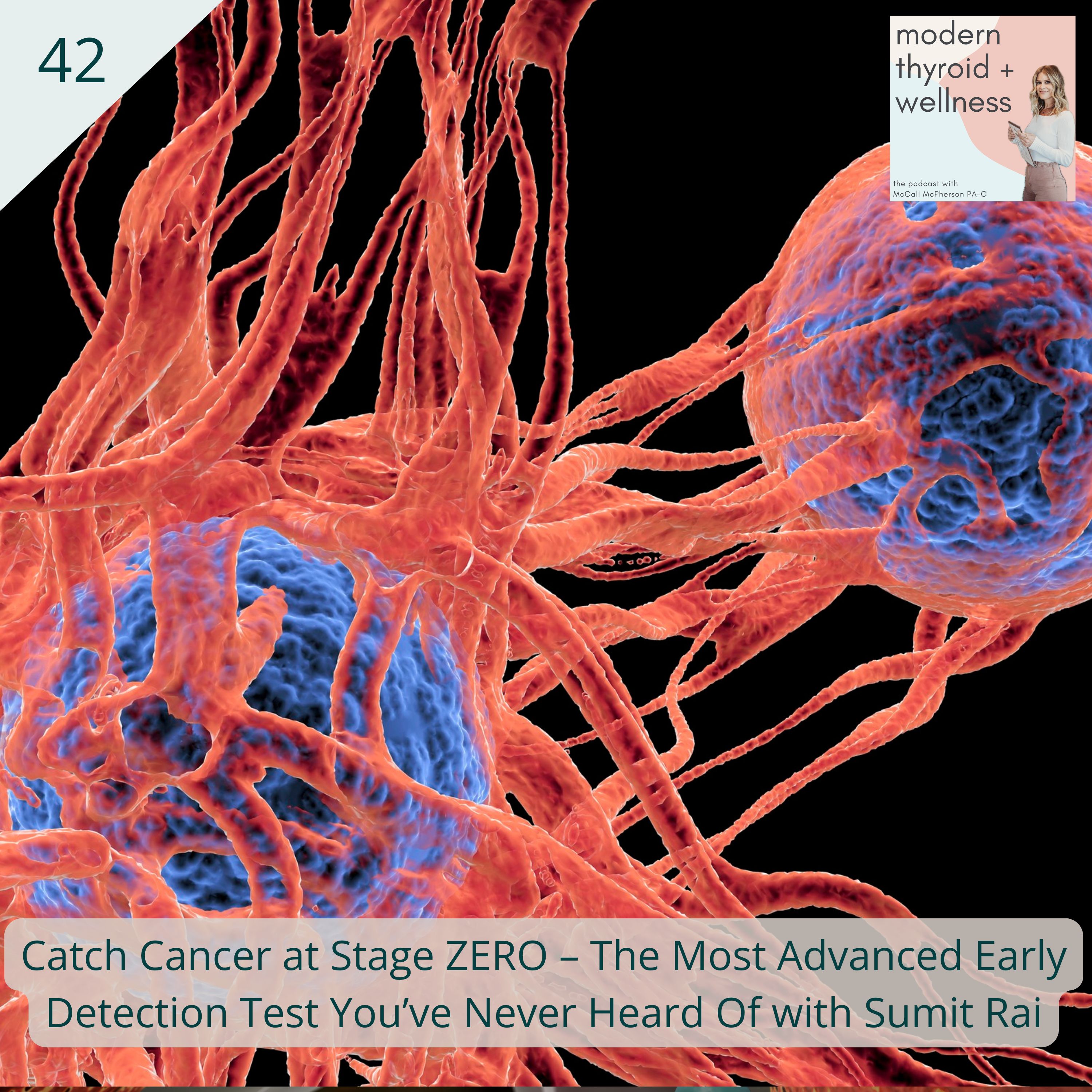

In this episode of our podcast, we delve into the critical topic of adrenal function and dysfunction, particularly in the context of thyroid conditions. At the Modern Thyroid Clinic, we frequently observe that addressing adrenal health is essential for our patients to regain their vitality and well-being. Let’s explore the fundamentals of adrenal glands, their role in our health, and how they interact with thyroid function.
The adrenal glands are small, triangular-shaped glands located on top of each kidney. They play a vital role in our body's response to stress by producing hormones such as cortisol, epinephrine, and norepinephrine. These hormones help regulate various bodily functions, including metabolism, immune response, and blood pressure.
Cortisol, often referred to as the "stress hormone," follows a natural rhythm throughout the day. It typically peaks in the morning, helping us wake up and feel alert, and gradually decreases throughout the day, reaching its lowest levels at night. This pattern is crucial for maintaining energy levels and overall health.
However, simply measuring cortisol levels at a single point in time does not provide a complete picture of adrenal function. To accurately assess adrenal health, a four-point salivary cortisol test is recommended. This test measures cortisol levels at multiple times throughout the day, allowing for a comprehensive understanding of an individual's cortisol pattern.
Adrenal dysfunction, often referred to as adrenal fatigue, can manifest in various symptoms. Common signs include:
These symptoms often overlap with thyroid issues, making it challenging to distinguish between the two. It’s crucial to address both adrenal and thyroid health simultaneously, as they significantly influence each other. For instance, if thyroid function is optimized without addressing adrenal health, patients may not experience the full benefits of thyroid treatment. Conversely, if adrenal issues are treated without addressing thyroid function, the same problem arises.
Chronic thyroid conditions can lead to compensatory changes in adrenal function. When someone has hypothyroidism, their adrenal glands may work overtime to compensate for the lack of thyroid hormones. Over time, this can lead to adrenal fatigue, where the adrenal glands become exhausted from the constant demand for hormone production.
Initially, individuals may experience symptoms like feeling "tired but wired," but as adrenal fatigue progresses, they may settle into a state of outright fatigue. This cycle can perpetuate a cycle of dysfunction, where neither the thyroid nor the adrenals can function optimally.
To support adrenal recovery, it’s essential to prioritize rest and reduce stress. Many individuals mistakenly believe that pushing through fatigue with exercise will strengthen their adrenals. However, the opposite is often true; over-exercising can exacerbate adrenal dysfunction. Instead, focus on gentle activities like walking and prioritize adequate sleep.
In addition to lifestyle changes, certain supplements can aid in adrenal recovery. Here are a couple of key supplements that I often recommend:
At the Modern Thyroid Clinic, we also utilize DHEA sulfate levels to monitor adrenal function over time. This hormone can provide insights into adrenal health and help track progress during treatment. It’s important to remember that healing the adrenals is a gradual process, often taking 9 to 18 months or longer, especially when thyroid issues are also being addressed.
In summary, adrenal health is a crucial component of overall well-being, particularly for individuals with thyroid conditions. By understanding the symptoms of adrenal dysfunction, implementing lifestyle changes, and utilizing appropriate supplements, individuals can support their adrenal recovery and improve their quality of life.
If you found this information helpful, please consider sharing your thoughts through a podcast review. Your feedback is invaluable, and we appreciate your support. Don’t forget to follow us on social media for more insights and updates. Thank you for tuning in, and take care of your health!



